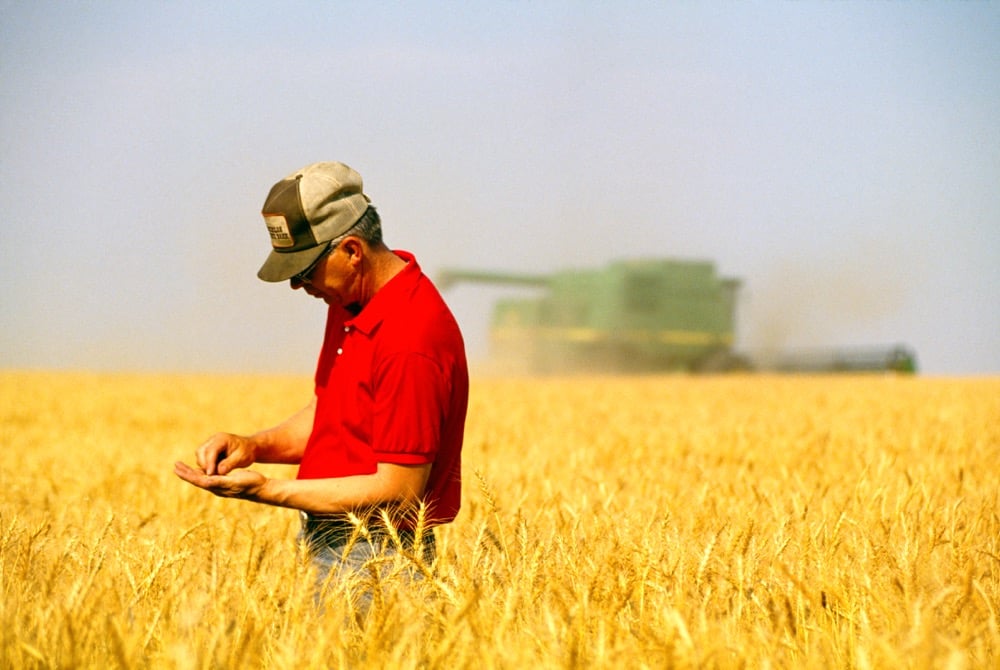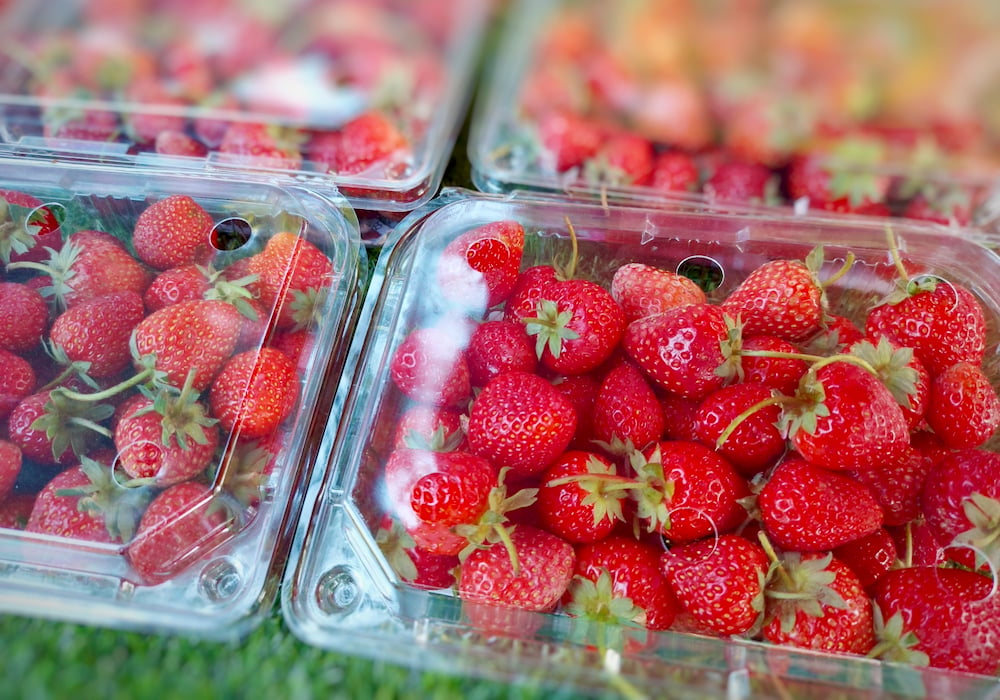Agriculture needs to build support for true green

Glacier FarmMedia – People say they care about climate change, but they aren’t willing to pay to address it.
Read Also

Fruit, vegetable industry wary of proposed plastics ban
Glacier FarmMedia – Canada’s fruit and vegetable industry is concerned it can’t meet new federal proposals for more sustainable packaging….
Canada’s food, agriculture and farming industries need to accept that failure as their own, says the head of Maple Leaf Foods.
“They care, but they’re not motivated by it,” said Michael McCain, who pushed his company to embrace carbon neutrality years before other major food companies. Maple Leaf transformed many of its products and processes before the public was prepared.
“The reality is, consumers don’t care quite enough today, yet,” he said.
In surveys, consumers claim to care about sustainability and about combatting climate change, but when it comes to paying more for products, buying different products or changing their consuming habits, most aren’t truly committed. Without that support, it’s hard to move forward with major changes, McCain said.
“We have to find better ways to convince consumers to make sure we communicate the needs to society, the impact to them over time,” said McCain, who was part of a panel at the Future of Food conference held in Ottawa on Canada’s Agriculture Day Feb. 13.
“Government, business leaders, civil society, farming communities – we need to build a coalition of consumer awareness and trust.
“The climate issues are real, they affect us all in the future in a significant way. It is to everybody’s advantage, economically and otherwise, to solve them, and we need to own the outcomes in a trusting way.”
Maple Leaf has often moved aggressively to embrace perceived trends in the market. It was quick to leap into the plant-based protein surge in the late 2010s, and learned that public hunger for meat alternatives wasn’t strong enough to justify its entire investment.
It backed away from some initiatives as demand weakness became clear.
Many companies stumbled as they rushed into the plant protein space, then found they couldn’t sell the products to enough people at high enough prices to cover the investment.
McCain cautioned against “greenwashing,” the practice by some insincere companies to package themselves and their products and services as environmentally positive when they have only a skin-deep commitment.
“I think we need to really, really step away from that concept, and building trust is avoiding things like greenwashing in our relations, but making sure we are dealing with credible outcomes, credible climate solutions, credible verified solutions.”
– Ed White is a reporter with The Western Producer.
Source: Farmtario.com

